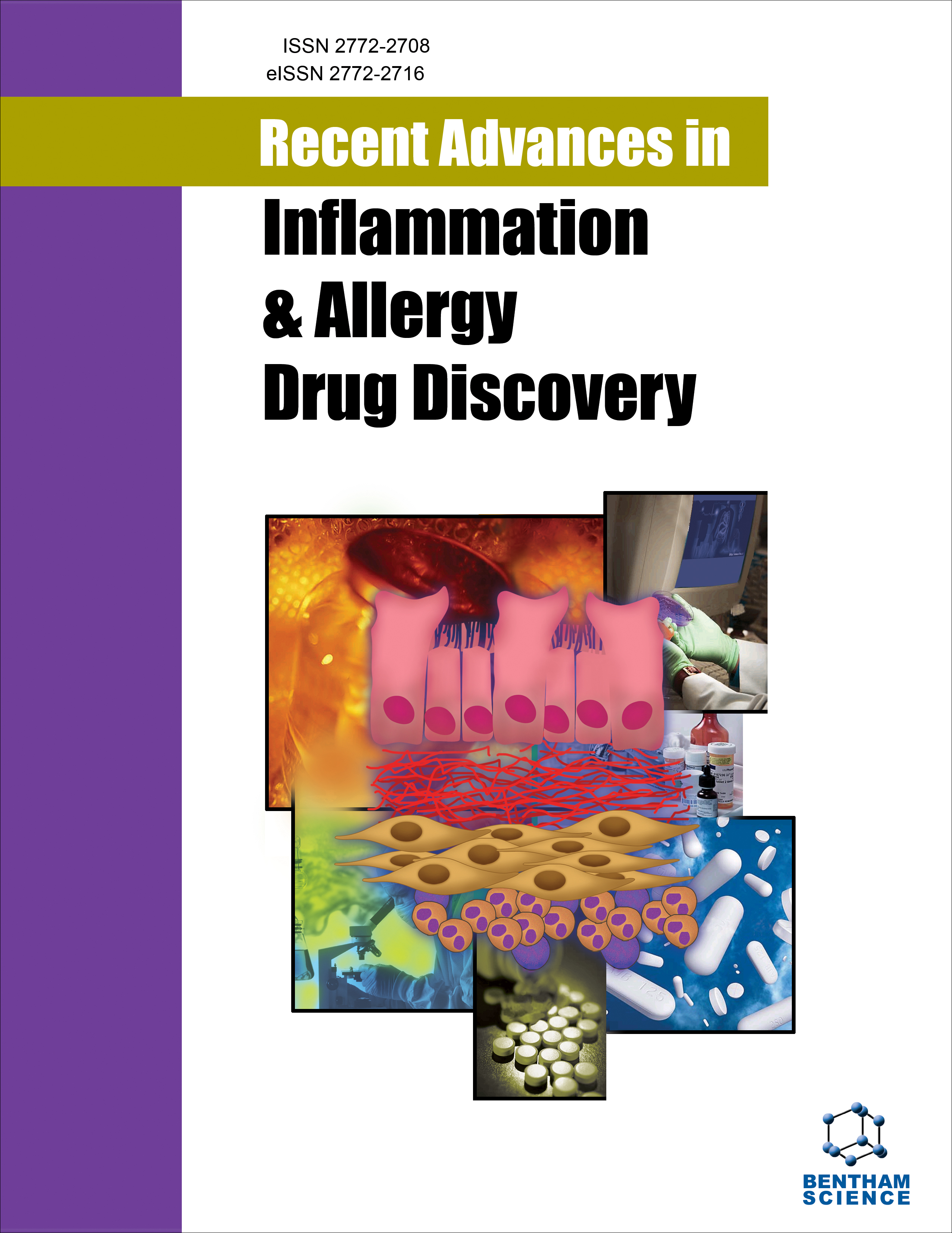
Full text loading...
Carrageenan, a naturally occurring polysaccharide derived from red seaweed, has been utilized extensively in the food industry as a stabilizer, thickener, and emulsifier due to its unique gel-forming properties. This versatile compound exists in various forms, including kappa, iota, and lambda, each with distinct characteristics suitable for different applications. Its widespread use as a food additive has raised concerns regarding its safety, particularly its potential inflammatory effects on the gastrointestinal tract. While carrageenan has been deemed safe for consumption by regulatory agencies in small amounts, studies have suggested its association with intestinal inflammation and gastrointestinal disturbances, particularly in susceptible individuals. Animal models, including rodents and non-human primates, have been employed to investigate the inflammatory response induced by carrageenan ingestion. These models have provided valuable insights into the molecular mechanisms underlying its pro-inflammatory properties. At the molecular level, carrageenan is believed to trigger inflammation by activating toll-like receptor 4 (TLR4) signaling pathways, leading to the production of pro-inflammatory cytokines and the recruitment of immune cells to the site of exposure. Furthermore, carrageenan-induced inflammation may disrupt the intestinal barrier function, facilitating the translocation of luminal antigens and exacerbating immune responses. This review provides a comprehensive examination of the current understanding of carrageenan's role in inflammation, encompassing its diverse applications in the food industry, safety concerns, experimental findings from animal models, and molecular mechanisms underlying its pro-inflammatory effects.

Article metrics loading...

Full text loading...
References


Data & Media loading...

